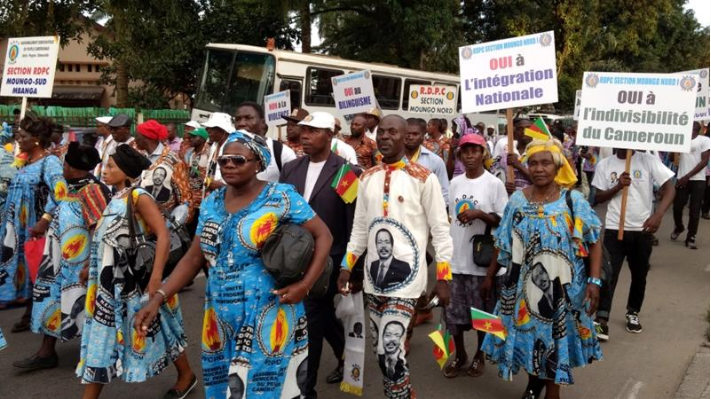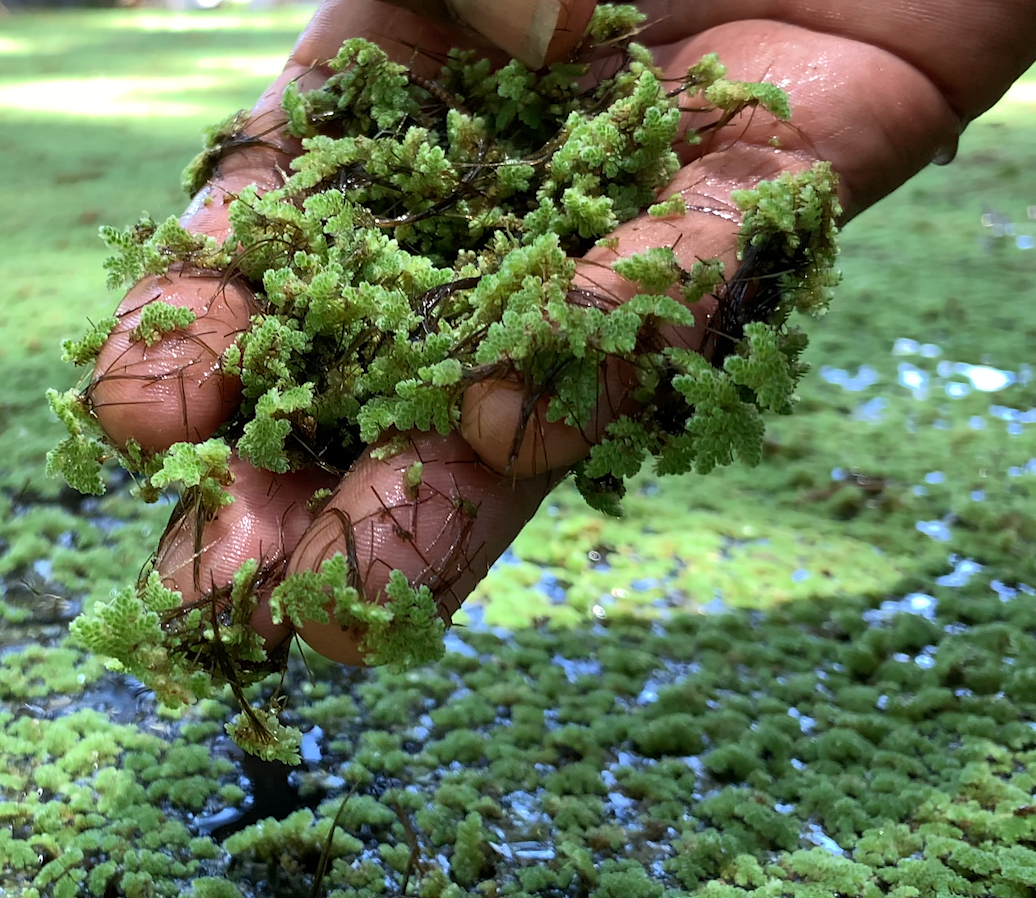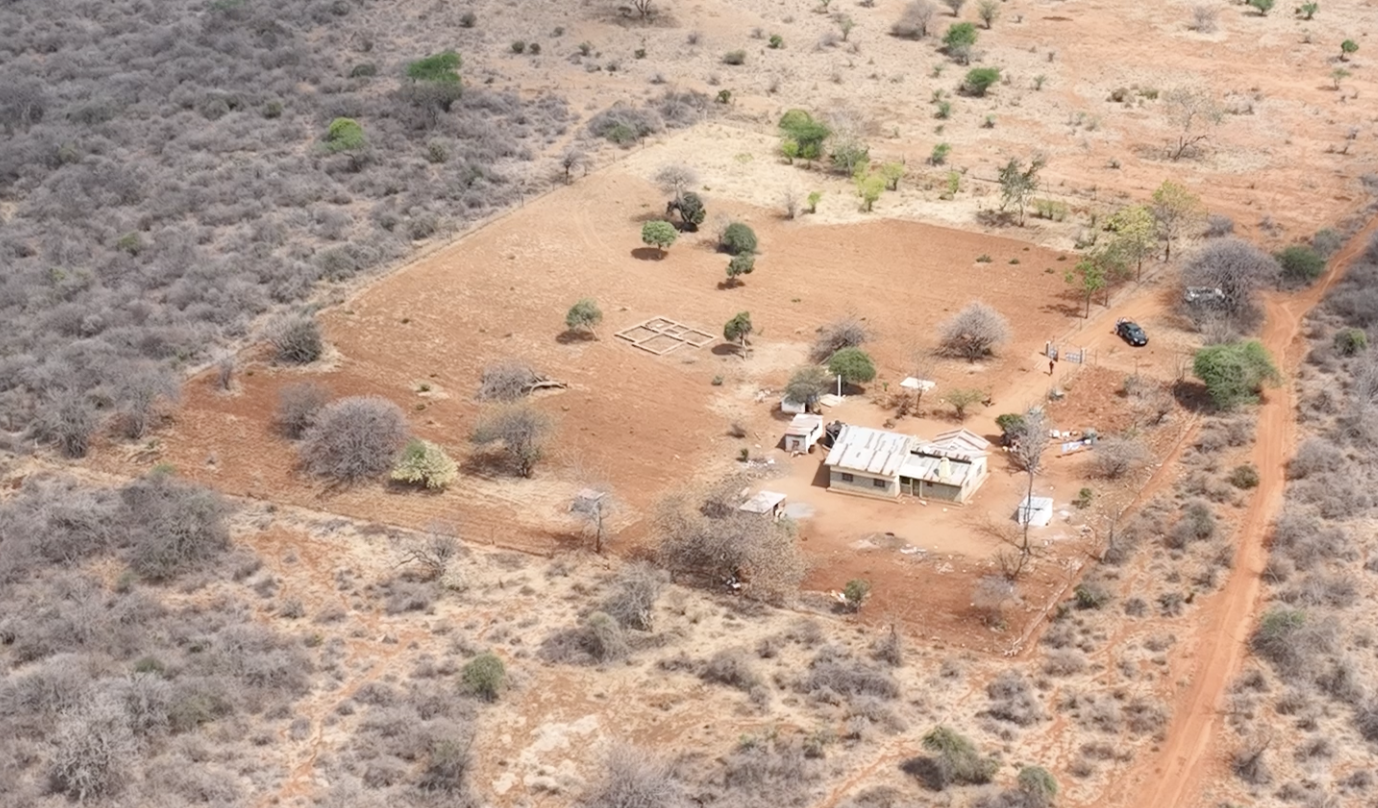
Shortage of humanitarian aid for those fleeing Cameroon Anglophone crisis

Cameroonians fleeing an increasingly bloody separatist conflict have received little aid as humanitarian agencies struggle to access the area.
The United Nations Office for the Coordination of Humanitarian Affairs (OCHA) said that more than 200,000 people fled their homes in the volatile western regions since late last year, in addition to at least 21,000 who have fled into Nigeria.
The regions have been gripped by violence since protests by the mainly Francophone country’s Anglophone minority morphed into a secessionist movement last year.
“There were no humanitarian agencies in the area before the insurgency, and bad roads, travel restrictions and unpredictable attacks have made it difficult for them to go in,” said Modibo Traore, the head of OCHA in Cameroon.
Trarore added that most of the people who have fled clashes are hiding in the woods. Some have bullet wounds but are afraid to venture into urban areas for medical care.
“The people living in the forest are asking for more assistance, saying that conditions are very difficult,” Traore told the Thomson Reuters Foundation.
“They are sleeping in the open space… In the middle of the rainy season. Many people couldn’t take anything with them.”

[Photo courtesy: UNHCR]
Medical charity Medecins Sans Frontieres began to set up mobile clinics this month in the southwest region. Cameroonian authorities could not immediately be reached for comment. The government published its own humanitarian assistance plan last month, and it was not clear whether aid delivery had begun.
“Because media access… is very limited, we don’t have a full grasp of the kind of suffering that people are actually going through,” said Elizabeth Mpimbaza, a spokeswoman for the U.N. refugee agency in Nigeria.
Analysts fear violence could increase ahead of an October election in which President Paul Biya is aiming to extend his 36-year rule.






